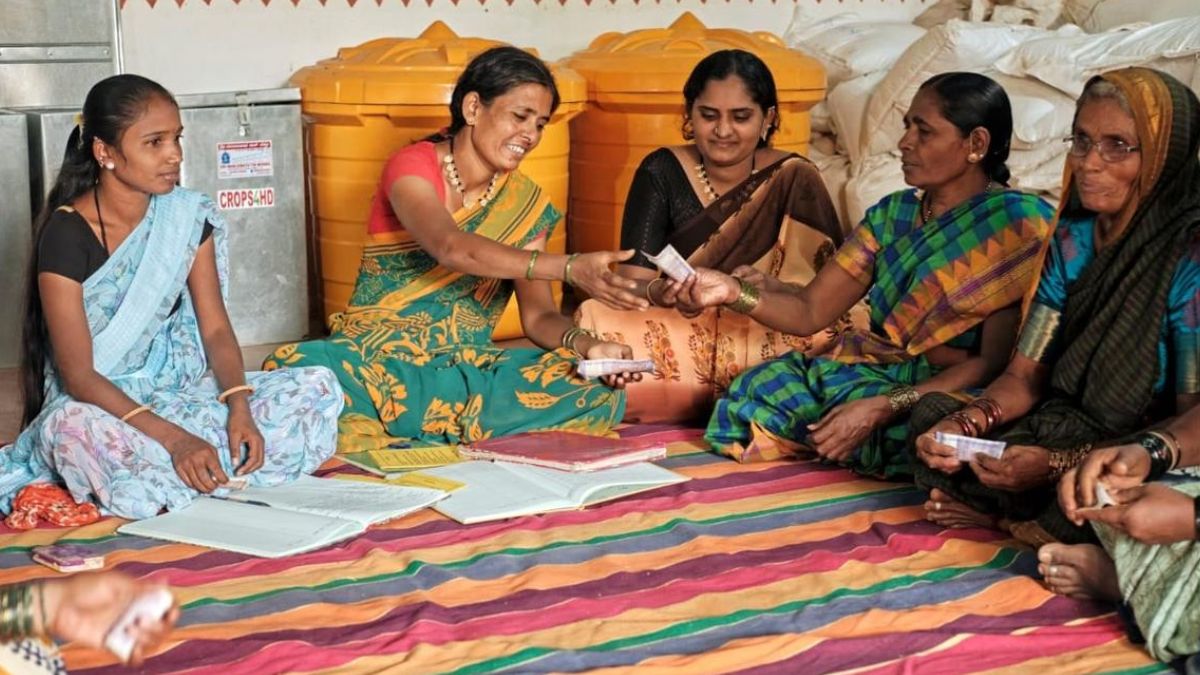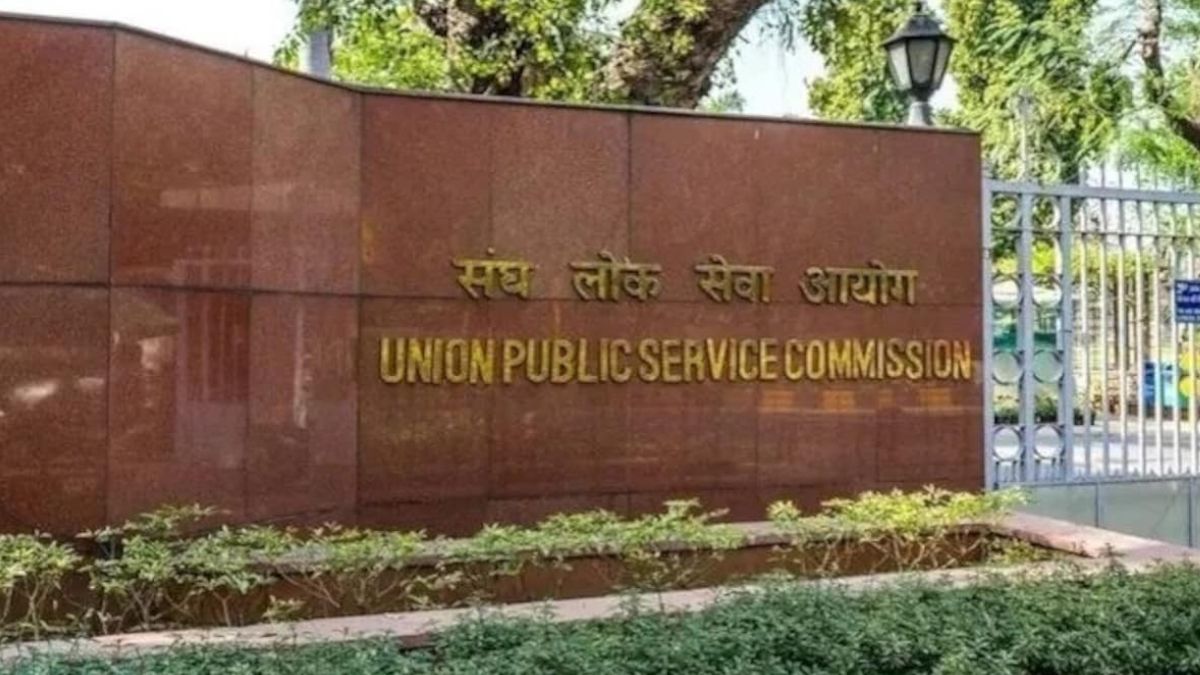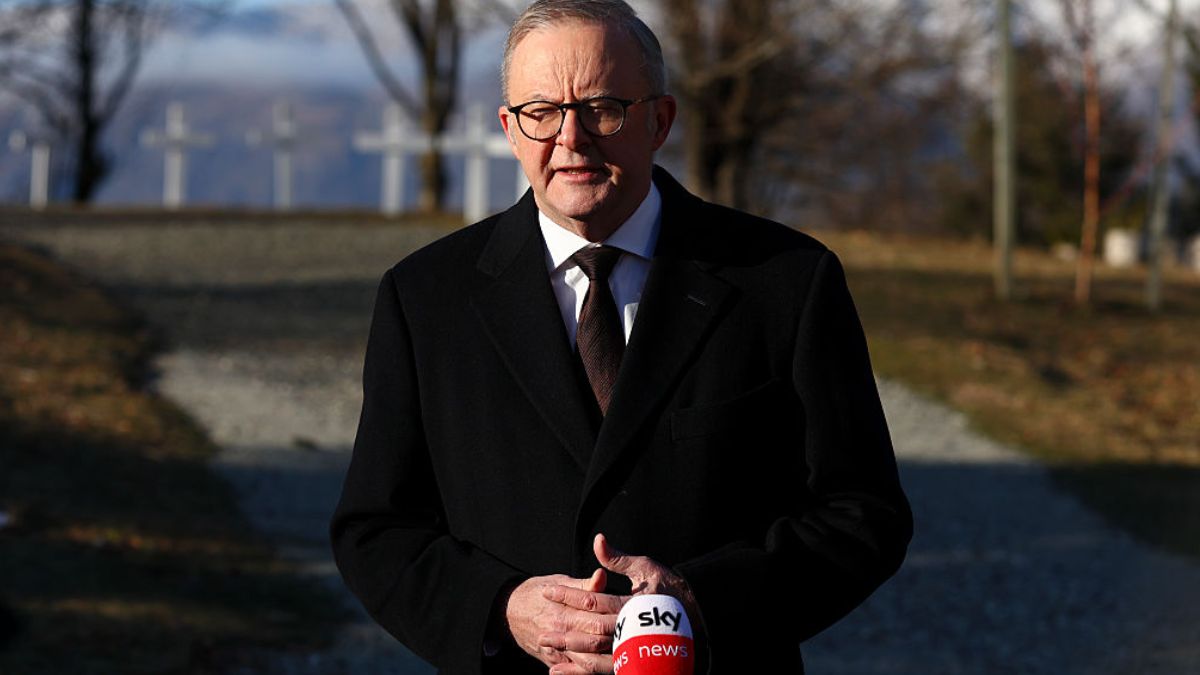The 18th International Olympiad on Astronomy and Astrophysics (IOAA) opened in Mumbai on 12 August 2025, marking the largest edition in the competition’s history. The event, organised by the Homi Bhabha Centre for Science Education (HBCSE), part of the Tata Institute of Fundamental Research (TIFR), brings together over 300 high school students from 64 countries for a 10-day celebration of science, learning, and international collaboration.
The opening ceremony was held at 4 PM at the Jio World Convention Centre.
Record Participation
- Total Countries: 64 (highest so far).
- Participants: 288 students, including 57 women — the highest number of female participants in IOAA history.
- First-Time Participants (12 countries): Algeria, Australia, Bolivia, Ethiopia, France, Ghana, Hong Kong, Italy, Laos, Moldova, Palestine, Qatar, South Africa, Sri Lanka, Turkmenistan.
- Ghana participates as an observer nation.
- Returning After 3 Years: Four nations rejoined after a hiatus.
Special Highlights
War-affected nations like Ukraine, Iraq, and Palestine are participating, showcasing the unifying power of science. Russia is absent this year; Belarus is competing under the IOAA flag. Pakistan withdrew after the Pahalgam attack citing security concerns.
Competition Structure
Participants will compete in,
- Theory Exams – testing conceptual understanding of astronomy and astrophysics.
- Data Analysis Exams – interpreting astronomical datasets.
- Observational Exams – using telescopes and instruments.
- Team Competitions – collaborative problem-solving.
- Sky Observation Sessions will be hosted at the Nehru Planetarium, Mumbai.
- Mumbai hosts record-breaking IOAA 2025 with 64 nations, 12 first-time participants, and highest-ever women representation in the competition’s history.
Significance
Strengthens India’s position as a hub for international science Olympiads. Encourages STEM education and astronomy awareness among youth. Promotes global scientific diplomacy and cross-cultural exchange. Offers practical astronomical experience through observational sessions.












